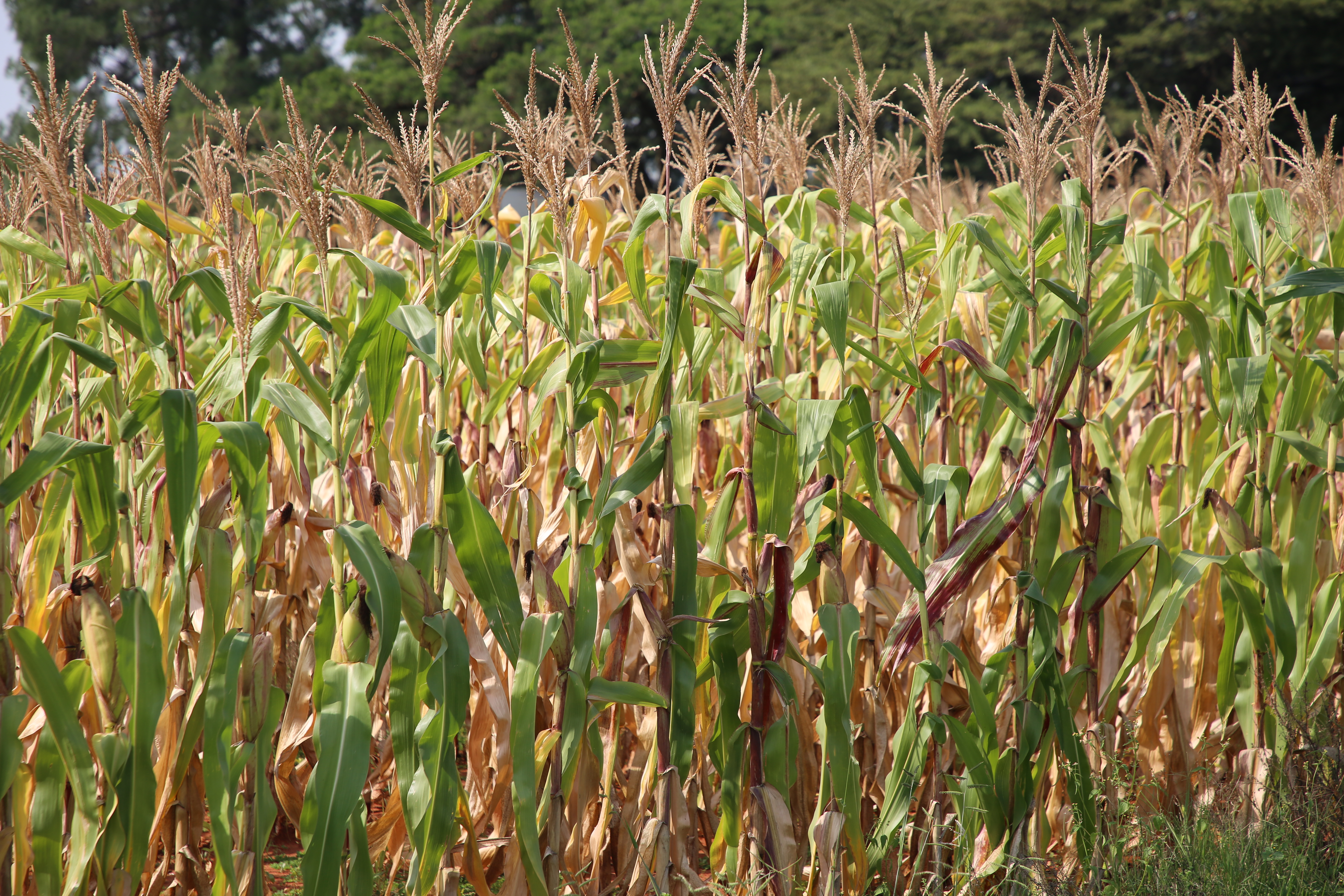By Dr. Canisius Kanangire Two out of every three working people in Africa scratch the soil for sustenance and wealth. Agriculture employs 65 percent of the working population on the continent, accounting for 15 percent of gross domestic product and 40 percent of export earnings. Africa’s agriculture is, however, dominated by smallholder farmers, who produce […]
Read More[Addis Ababa, Ethiopia, May 11, 2023]: AATF has unveiled its new strategy for 2023-2027, that outlines an ambitious plan to enhance technology development and commercialization for farmers in Africa. With focus on Scaling for Impact, the strategy aims to achieve a prosperous, resilient, food and nutrition-secure Africa. The strategy complements key commitments to agricultural transformation […]
Read MoreBy Alex Abutu The success of Pod Borer Resistant (PBR) cowpea in Nigeria is an excellent model for replication in other West African countries. This success has shown that the adoption of genetically modified crop varieties could be a solution to the challenges facing smallholder farmers in the region. West Africa is a region that […]
Read More[Mpumalanga, South Africa, April 2023]: AATF has reiterated its commitment to deliver transgenic drought-tolerant and insect-protected maize varieties to caution African farmers from the impact of climate change on their productivity and enhance their livelihood. AATF Executive Director, Dr Canisius Kanangire reaffirmed the commitment while addressing the 5th TELA Maize Project Annual Review and Planning […]
Read More[Nairobi, April 2023]: Dr Ousmane Badiane, a renowned agricultural economist and policy expert, has been appointed as the new ambassador of AATF. The appointment was announced in March 2023 by the AATF Board of Trustees, and it takes effect immediately. In this position, Dr Badiane will be responsible for promoting the work of AATF across […]
Read MoreBy: Alex Abutu [ABUJA] African scientists say they are scaling up research on genetically modified (GM) crops such as maize and cassava to increase food security on the continent as climate change places increased stress on yields. In October 2022, Kenya joined African nations already using genetic engineering to address agricultural productivity challenges which have been aggravated by climate change, ending more […]
Read MoreA director with the African Agricultural Technological Foundation (AATF), Kenya, Dr. Sylvester Oikeh, has said Tela Maize Technology would go a long way in boosting maize production in the country. Tela Maize technology is the best option available for Nigerian farmers as far as maize cultivation is concerned, he said. According to him, the technology […]
Read MoreBy Jane Achando For the first time in the history of Kenya, the man at the top of the helm is not just an avid scientist but a renowned supporter of biotechnology. The swearing-in of the new President signified a new dawn for the Biotechnology Stakeholders within one month of his coming into office. Thus […]
Read MoreDespite the hybrid technology, local rice farmers still use saved seeds for the next planting season. African Agricultural Technology Foundation (AATF) Project Manager Kayode Sanni talks about how technology has revolutionized farming in Asia. What advantages do hybrid rice seeds have over saved ones? Hybrid rice technology focuses on yield advantage and desirable grain quality […]
Read MoreBy Dr. Canisius Kanangire Kenya’s Agriculture and Livestock Development Cabinet Secretary Mithika Linturi in March 2023 urged Kenyans to consume more rice, potatoes, and other forms of carbohydrates in the midst of a crisis occasioned by high maize prices. In the past, leaders across the globe have called for diversification of diets and consuming other […]
Read More


















































































